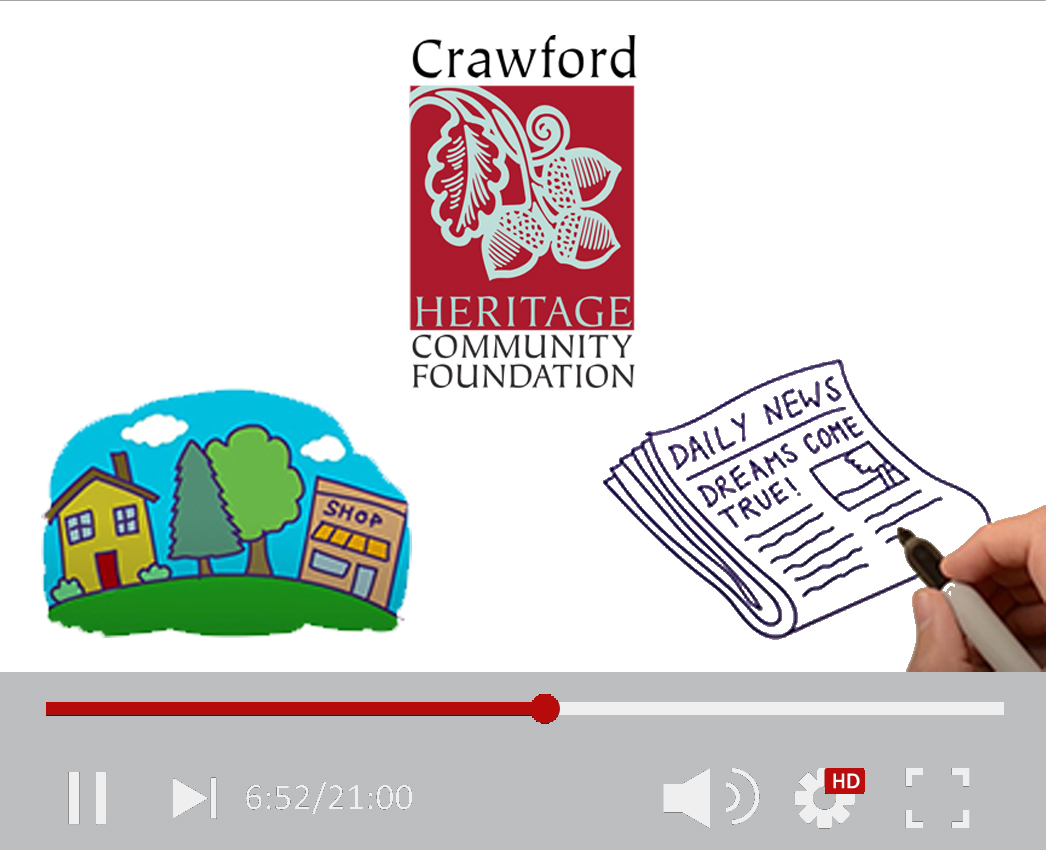Many people consider a will the most important document you’ll ever write and with good reason. Your last will and testament is a legal document declaring who should manage your estate after death and how your money, property and assets should be distributed. Unfortunately, less than half of U.S. adults have a will, and adults aged 65 and over are the age group most likely to have one.
Many people wonder, “why have one?” But without it, local courts and state laws decide how your possessions and property are dispersed – not you.
Support Those You Leave Behind
A will helps avoid unnecessary hassles for friends and families and simplifies the process for those tasked with the requirements of fulfilling your wishes. Since a will can also name a guardian for your children, a conservator to handle your children’s inheritances or even a caretaker for a pet, it helps protect those you care about when you’re no longer there.
Without a will, the court will name an administrator to oversee your estate, which is time-consuming, expensive and can cause tension within families. Instead, you can name an executor in your will, which saves time, money and alleviates stress. This person will close bank accounts, liquidate assets and complete other sensitive and vital responsibilities after you pass.
Determine Who Benefits From Your Estate
As the person writing the will, you have the power to decide who your beneficiaries are for specific assets. Beneficiaries can be a person, business, group of people or charitable organization. It’s important to consider including a residuary clause, which dictates who receives assets not specifically gifted in the will. Otherwise, you would list every asset and item you own to make specific bequests to your beneficiaries.
Alleviate Family Conflicts
When a loved one dies, grief and loss can sometimes evolve into anxiety, anger and mistrust if people question the legitimacy of your wishes. More than one-third of American adults have either personally experienced or known someone who has experienced family conflict due to not having an estate plan or will. With a will in place, there’s no question what your intentions were. To help maintain family harmony through a difficult process, document your desires and be as specific as possible.
Provide Funeral Wishes
This can be one of the most unpleasant parts of the process, but considering your funeral is an essential part of writing your will. It’s easy to forget that final arrangements extend beyond what should happen to your estate. It’s not legally binding, but it does ensure your final wishes are carried out upon your death and ease the burden for your loved ones. Consider including:
- Whether you want a funeral, memorial service or an alternative such as a tree-planting ceremony
- Where the service should be held
- If you want to be cremated or buried
- Where you would like your ashes stored or spread or where you want to be buried.
Leave a Lasting Legacy
If you want to be remembered long after you die, part of your legacy can be about the impact you made on the causes that mattered most to you. By providing specific donation wishes or gifts in your will that align with your passions and interests, you can make a difference and support charities and community groups when you pass.
While it can be hard to decide which nonprofits to choose from, community foundations like the Crawford Heritage Community Foundation can make the process easier and more effective. We can distribute your monetary donation to specific organizations, or you can allow us to decide who would benefit the most. We can also provide you with a list of trusted estate planning attorneys we partner with to assist you.
Your community foundation is one tool for making an impact with your charitable giving, whether you want to support nonprofit organizations locally, nationally or even internationally. Regardless of the approach you choose, writing a last will and testament is a key component to leaving a legacy.
Whether you are a concerned citizen, a community leader, were born and raised in Crawford County, or simply want to make a difference, the Crawford Heritage Community Foundation is here to help provide unbiased guidance. To learn more about how the Crawford Heritage Community Foundation can support your philanthropy efforts, contact Executive Director Christian Maher or donate now.

